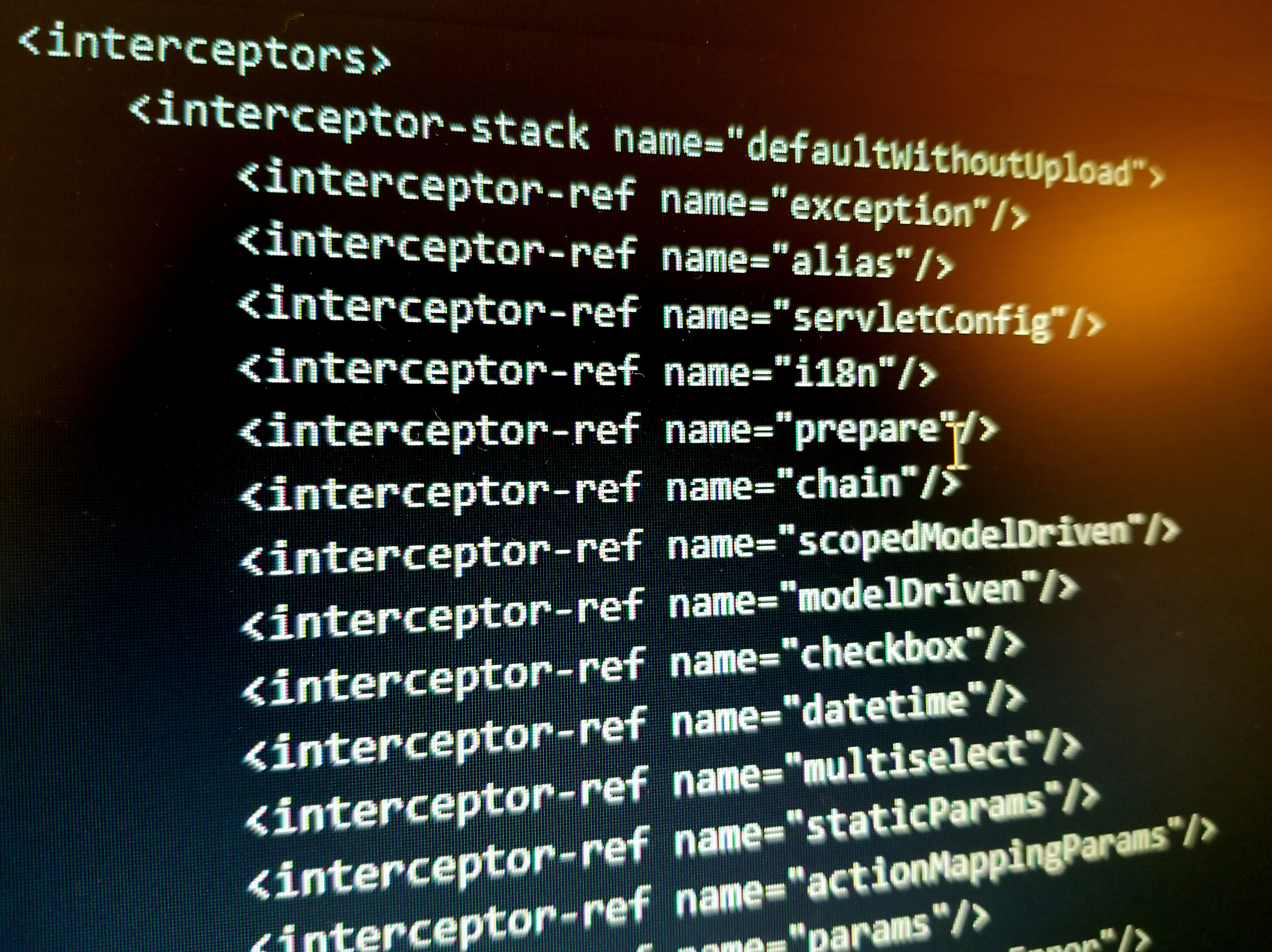Russia's Cyber Offensive Targets NATO Supply Chains and Tech: UK Exposes GRU Operation

London, UK – A sophisticated cyber campaign orchestrated by Russian military intelligence, targeting critical logistics and technology sectors vital to NATO, has been exposed by the UK government and its allies. The National Cyber Security Centre (NCSC) has revealed extensive details of the operation, attributing it to Unit 26165 of the Russian GRU, also known as APT28, a notorious hacking group with a history of disruptive cyberattacks.
This latest revelation underscores the escalating cyber warfare landscape, with Russia increasingly leveraging digital tools to undermine Western security and influence. The attacks, which have been ongoing for an extended period, focused on entities involved in the movement of goods and services, as well as companies developing and providing essential technology. The aim, according to security experts, was to disrupt supply chains, steal sensitive data, and potentially compromise critical infrastructure.
APT28: A Persistent Threat
APT28, also known as Fancy Bear or Tsar Cyber Army, is a well-established threat actor linked to the Russian GRU. They are known for their persistent and targeted attacks against governments, military organizations, and think tanks worldwide. Their operations often involve espionage, data theft, and the deployment of destructive malware.
The Scope of the Attack
The NCSC’s report details how APT28 used a range of sophisticated techniques to infiltrate target networks. These included spear-phishing emails, exploiting vulnerabilities in software, and employing custom-built malware. The attackers demonstrated a deep understanding of their targets' operations, allowing them to effectively navigate networks and extract valuable information.
“This campaign highlights the persistent threat posed by Russian state-backed cyber actors,” stated a spokesperson for the NCSC. “We are working closely with our allies to expose their activities and hold them accountable. We urge all organizations to review their cybersecurity posture and implement the measures necessary to protect themselves from these types of attacks.”
Implications for NATO
The targeting of logistics and technology companies has significant implications for NATO. Disruptions to supply chains can hamper military operations and undermine the alliance's ability to respond to crises. Compromised technology can create vulnerabilities that could be exploited by adversaries.
Defensive Measures and Recommendations
The UK government and the NCSC are providing guidance to organizations on how to defend against APT28’s tactics. Key recommendations include:
- Implementing robust cybersecurity controls, such as multi-factor authentication and intrusion detection systems.
- Regularly updating software and patching vulnerabilities.
- Training employees to recognize and report phishing emails.
- Conducting regular security audits and penetration testing.
This latest exposure serves as a stark reminder of the evolving cyber threat landscape and the need for continued vigilance and collaboration between governments, industry, and cybersecurity professionals to protect critical infrastructure and national security.





